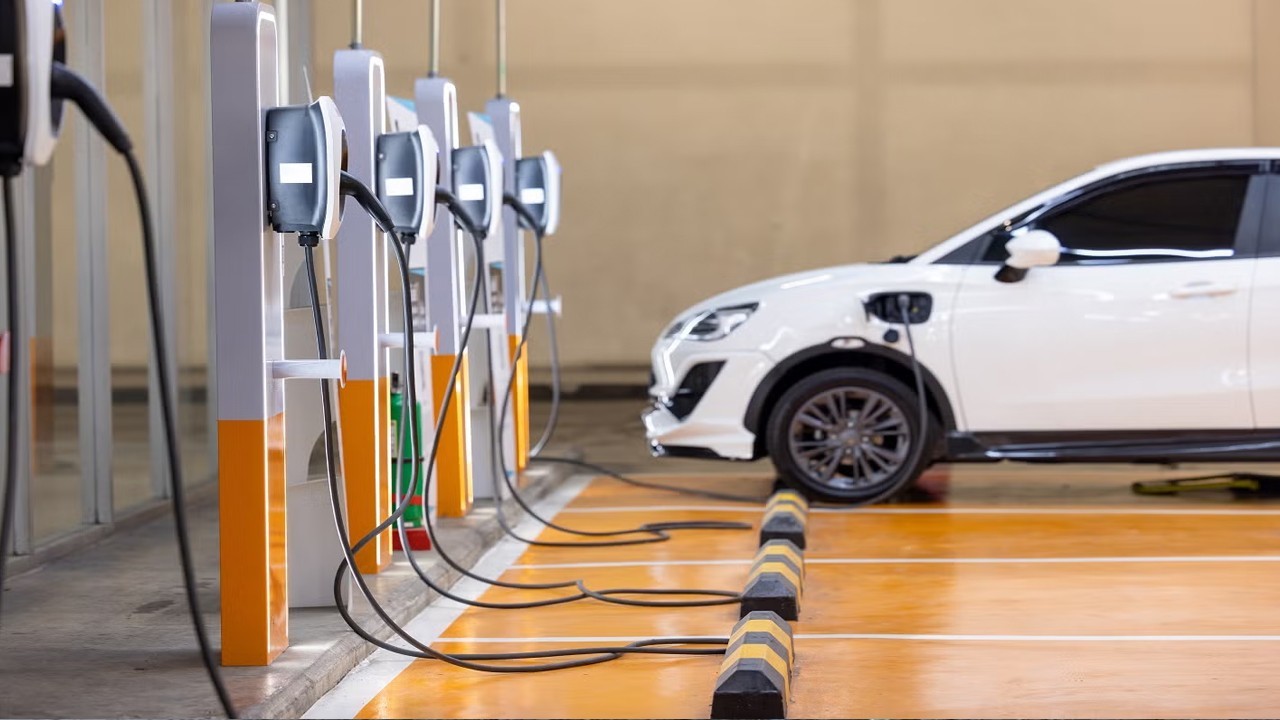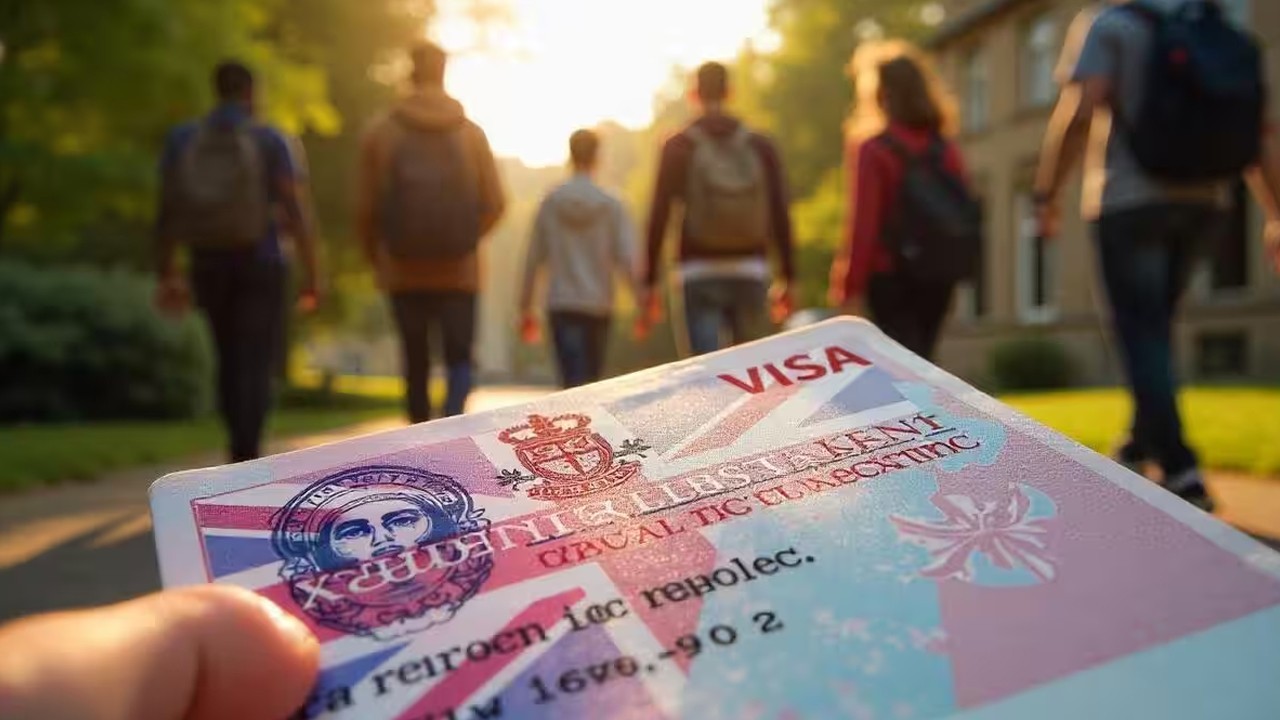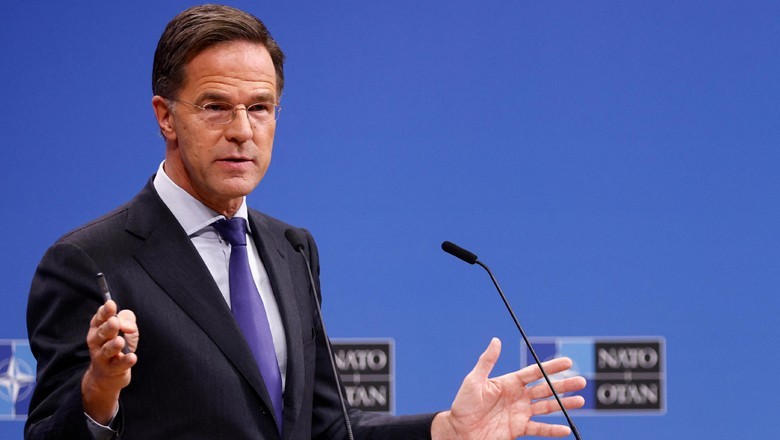Banking sector agrees to help consumers adopt electric vehicles in Pakistan

Web Desk
|
1 Aug 2025
In a significant step toward accelerating electric vehicle (EV) adoption, top officials from the State Bank of Pakistan, commercial banks, and government bodies have agreed to collaborate on consumer financing solutions that make EVs more accessible to the general public.
The consensus emerged during a high-level consultative meeting organised by the Ministry of Climate Change and Environmental Coordination (MoCC&EC), signalling a strong commitment from the banking sector to support Pakistan’s green mobility and climate goals, the climate change ministry said in a press release.
MoCC&EC Secretary Aisha Humera Moriani presided the meeting that brought together over 70 stakeholders, including senior officials from the Pakistan Banking Association (PBA), local EV manufacturers, importers, and policymakers. Participants discussed practical mechanisms to scale up EV adoption, including the formation of a joint working group tasked with developing targeted green financing proposals.
“The banking sector must play a proactive role in offering attractive consumer financing plans,” Moriani emphasised. “Without affordable options for households looking to switch to electric vehicles, progress will remain sluggish.”
PBA Chairman Zafar Masud, who also serves as president of the Bank of Punjab, reiterated the banking sector’s readiness to contribute.
Read more: Govt launches EV policy 2025–30, sets 30% electric vehicle sales target
He cited the BoP’s partnership with the Punjab government under the Chief Minister’s Youth Initiative, through which 18,000 motorcycles — including 5,000 electric bikes — are being distributed to students via interest-free installment plans.
“The initiative has seen strong interest from students and parents and could be replicated in other provinces, including Sindh, Khyber Pakhtunkhwa, and Balochistan,” Masud noted.
Secretary Moriani called on other provincial governments, especially Sindh, to launch similar partnerships with banks. She also encouraged EV manufacturers to introduce their own financing schemes modelled on bank-led programmes.
The meeting also touched on broader regulatory reforms. Key proposals included imposing higher taxes on old, fossil fuel-powered vehicles to make EVs more competitive. In a significant policy update, Director General Muhammad Asif Sahibzada announced that the Economic Coordination Committee had approved Pakistan’s first Green Taxonomy Framework on July 25.
The framework offers a structured guide for sustainable investments, enabling banks to create targeted loan products for green initiatives such as EVs.
“Banks can use the Green Taxonomy to roll out targeted green loan products that encourage EV adoption,” Sahibzada said.
Highlighting the public health aspect, Urban Affairs Director Muhammad Azim Khoso underscored the environmental impact of traditional transportation. He noted that cities like Lahore, Karachi, and Islamabad—often ranked among the world’s most polluted—stand to benefit significantly from reduced tailpipe emissions through EV use.
“Electric vehicles produce zero tailpipe emissions. Their adoption can significantly improve air quality and reduce public health costs,” Khoso stated.












Comments
0 comment